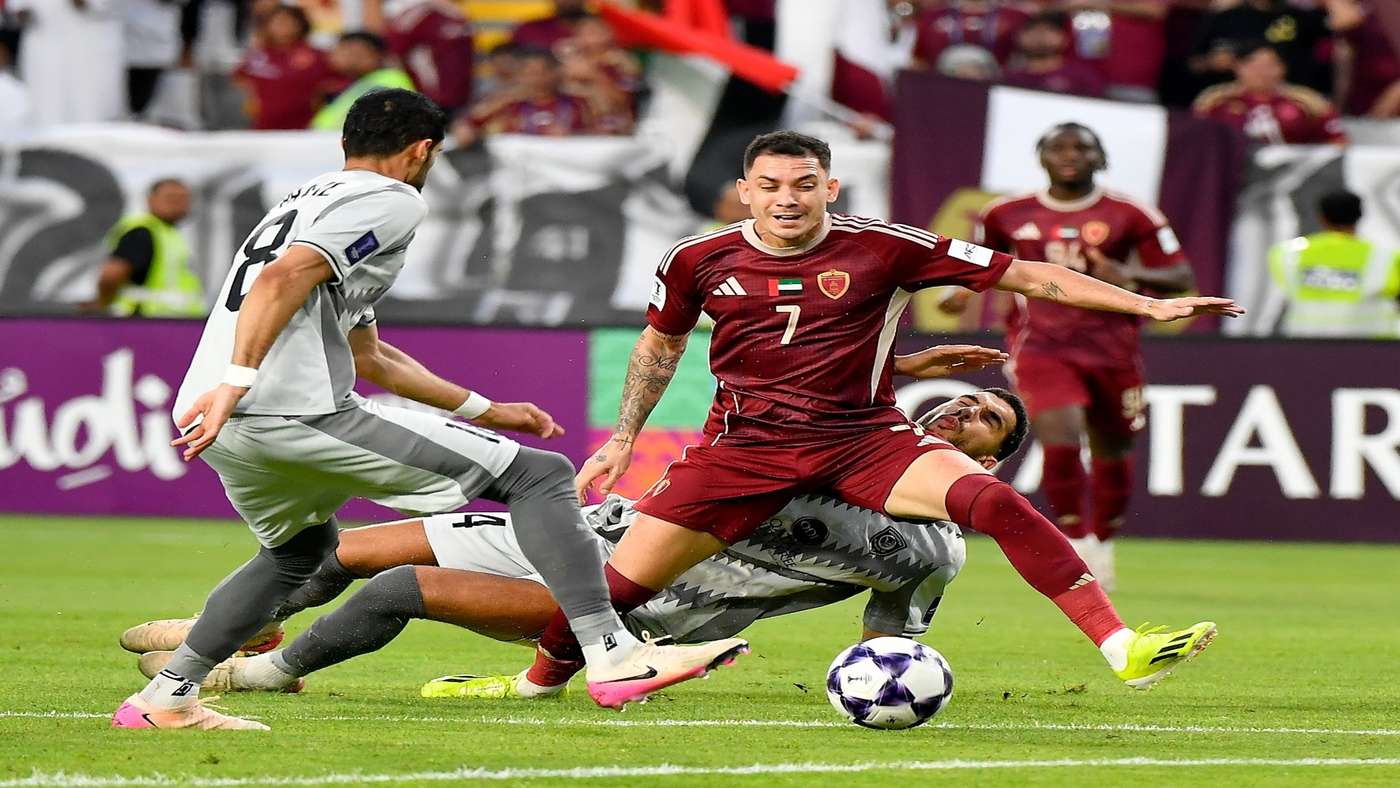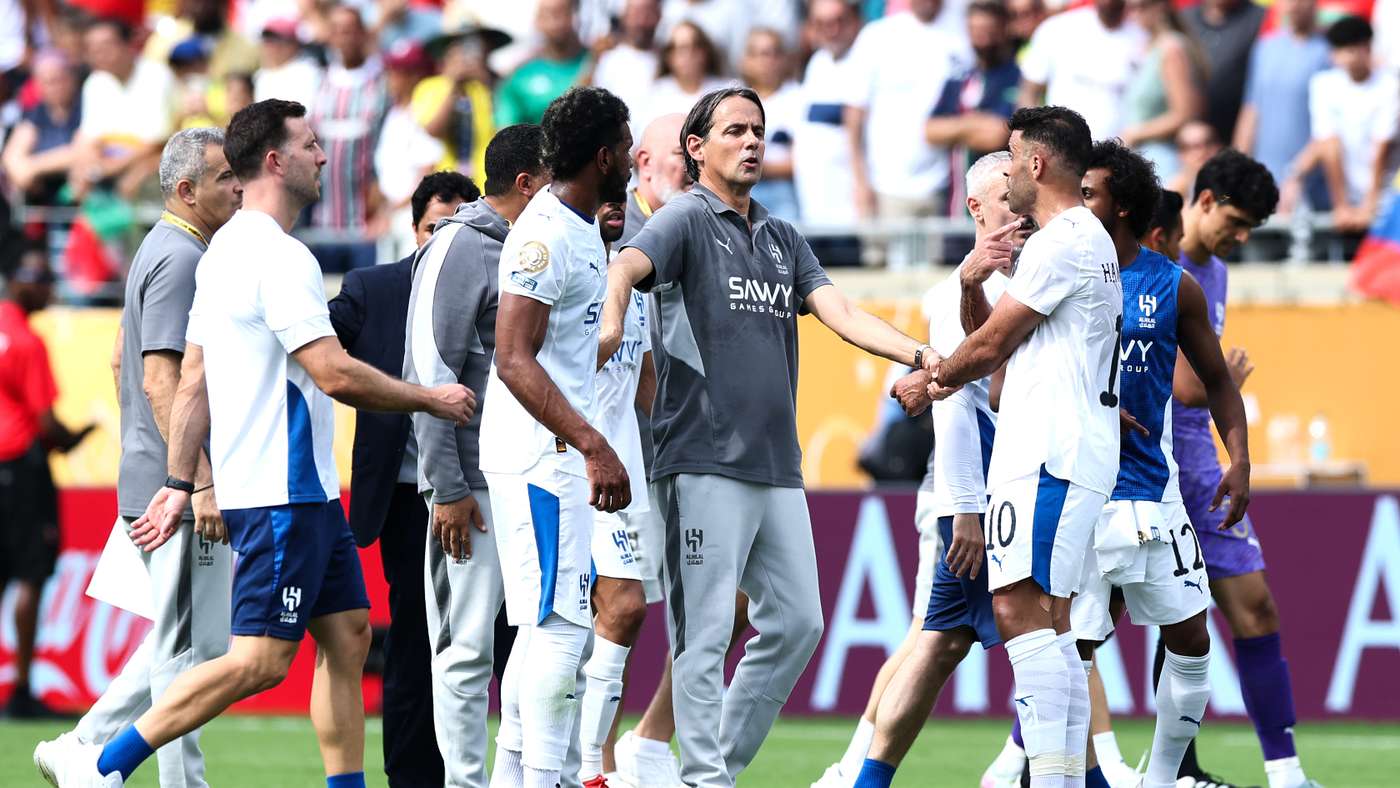Set Pieces Carry Al Hilal as Inzaghi's Plans Are Put to the Test in AFC Elite Clash
21 October 2025

Al Hilal’s Italian coach Simone Inzaghi, still learning the hard lessons from big matches, repeated familiar oversights that nearly cost him, and yet the set-piece weapon spared the day in a 3-1 victory over Al Sadd.
The encounter, staged on Tuesday at Kingdom Arena in Riyadh as part of the AFC Champions League Elite phase, saw the Saudi giants weather a late push from the Qatari rivals and settle the issue with precision in dead-ball situations.
Although Hilal raced into a 2-0 lead in the first half, Al Sadd threatened a comeback in the second period, with only some defensive margins and an offside decision delaying the hosts’ collapse. In the end, routine routines from corners and free kicks did the damage, while the open-play spell remained more conservative than convincing.
New Roles
Inzaghi continued the rotation he used against Al Ettifaq, keeping Marcus Leonardo as the focal point but adjusting the engine room and the wings. A Turkish defender was handed a starting berth in the backline, joining Kalidou Koulibaly and Ruben Neves, while Theo Hernandez stayed as the left-back, offering a continuous threat down the flank.
On the right, Metab Al-Harbi was sprung in to cover for the injury-enforced absence of Hamad Al-Yami, and Joao Cancelo’s injury meant shorter odds of a full-back overload. Mohammed Kanno came into midfield to partner Sergej Milinkovic-Savic, with Robin Neves pushing higher to support the wingers and create angles for the shooters.
Up front, Marcus Leonardo remained the spearhead; Kai Cesar was preferred on the right over Malcolm, and Abdullah Al-Hamdan started on the left in place of the Uruguayan Darwin Nunez, as the visitors adjusted to the hosting tactics and available personnel.
Set Pieces: The Decisive Edge
The game’s turning point came from dead balls. A well-delivered free-kick from Theo Hernandez into the heart of the box triggered a scramble and a finish from a middle defender to give Hilal the lead.
The second goal arrived from a Robín Neves corner that Kalidou Koulibaly converted with a header, driving the home side further ahead and tightening the screw on Al Sadd’s response.
The third came from a direct free-kick by Sergej Milinkovic-Savic, curling beautifully into the top corner, sealing the three points as the visitors pressed in search of a lifeline.
Beyond the set-piece success, the hosts struggled to sustain danger through open play, especially on the right where the absence of a fully functioning right-flank link limited their ability to threaten consistently. Still, the three goals from dead balls gave Hilal the win and highlighted the strategic edge of quality delivery in the box.
Inzaghi’s Learning Curve
Even with the win, Inzaghi’s habit of retreating after a lead remained under scrutiny. The late-stage formation shifts—pushing Neves into midfield, adding Ali Lagami as a third defender, and sending Darwin Nunez to lone-striker duty—made the defense sturdier but invited pressure and tactical doubts about his willingness to press and extend play when ahead.
The shift did not erase past criticisms, as the team’s open-play rhythm lacked consistency and the right-flank balance required more urgency. Al Sadd’s two clear chances were eventually cleared or offside, but the match served as a reminder that the lesson list for Inzaghi remains long, even after a positive result.
Inzaghi’s players earned the win mainly through set-piece execution, yet the broader takeaway is that improving open-play rhythm and late-game resilience will be necessary to avoid slipping points in future rounds. If set pieces are a weapon, the bigger challenge is making the rest of the arsenal trustworthy when the clock tightens.
Punchline time: If coaching were a sniper sport, Inzaghi would be famous for his dead-ball precision—open play just isn’t as photogenic. Punchline two: When in doubt, bring your wall closer—set pieces may win games, but good defense keeps the headlines clean after the whistle.



